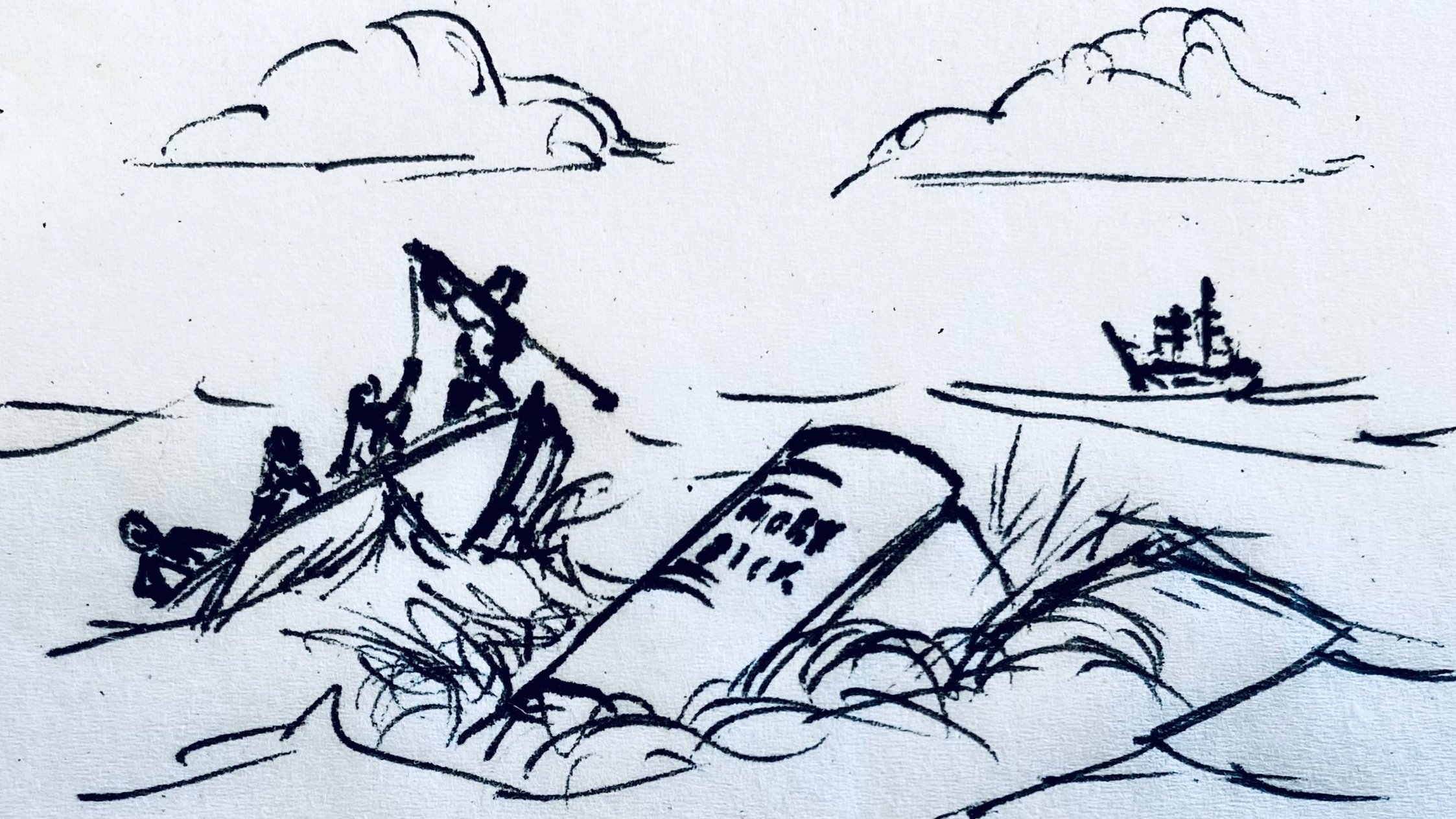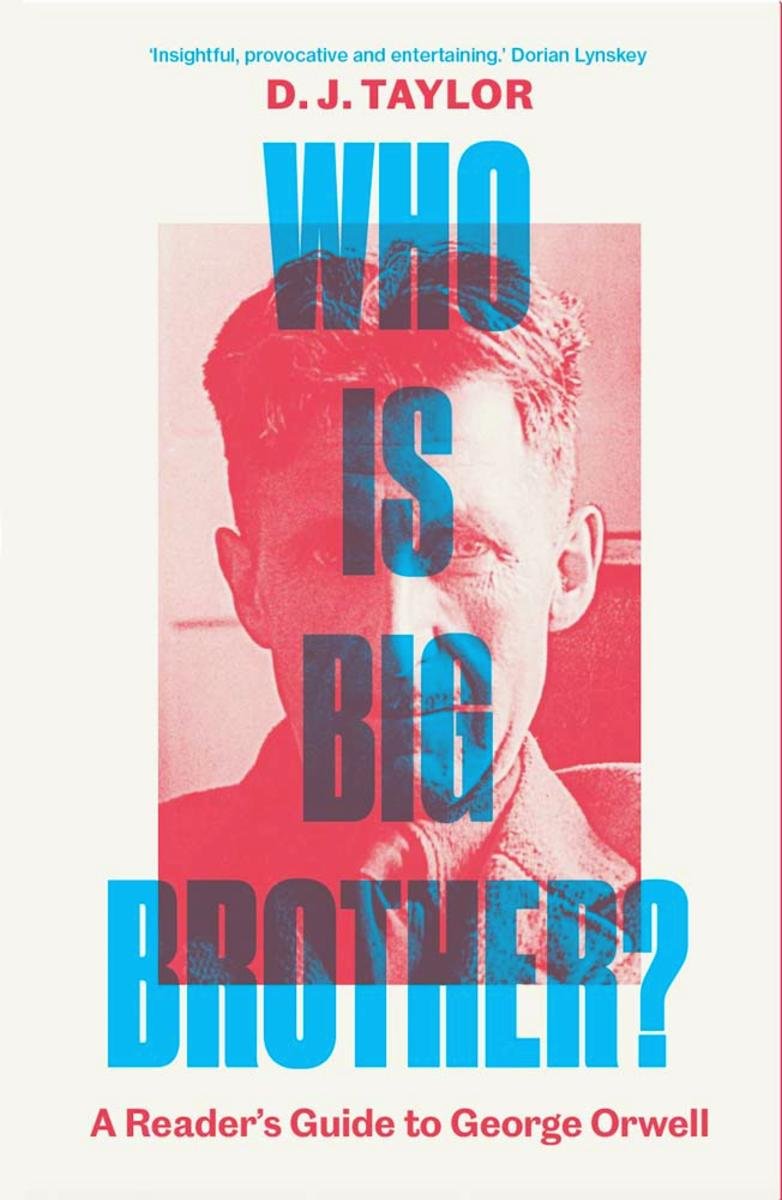Concepts and ideas in the novel
/From critic and essayist Joseph Epstein’s The Novel, Who Needs It? an apologia for the novel as a form:
“Create a concept and reality leaves the room.”
Concepts have their value, but they tend to explain more than they can justify. From Karl Marx’s class-struggle to Max Weber’s linking the rise of capitalism to the rise of Protestantism to Sigmund Freud’s Oedipus Complex, conceptual thinking tends invariably to be both overly ambitious and sketchy, leaving out crucial aspects of human experience, and thereby necessarily highly simplifying. “Create a concept,” Ortega wrote, “and reality leaves the room.”
What Epstein calls “concepts” could also be called “theories” or, more precisely, “ideologies,” though the line between all of these is blurry. Epstein continues this paragraph with an observation on the similarly limiting effects of specialization:
Scientists, historians, politicians, economists, and poets all perceived the world, as Michael Oakeshott noted, through what he termed their separate “mode of experience,” but for him each of these modes was partial, incomplete, only part of the story. Oakeshott also felt that the whole story was not to be encompassed through any discrete mode of learning, even through philosophy, with its pretensions to be architectonic.
The novel, Epstein argues, has an important role in culture because of its ability to create comprehensive imaginative visions of human experience informed by the author’s understanding of human nature, something the arts and sciences tend to approach from only one angle.
Later, Epstein contrasts the ideological novel, the novel of “concepts,” with “the novel of ideas”:
“[W]hile all serious novels are ultimately about ideas, the best novels always put facts before ideas.”
Of the various forms the novel has taken-the family chronicle, the picaresque, the satire, the novel of ideas—the last, the novel of ideas, may seem a contradiction. I say a contradiction because, first, while all serious novels are ultimately about ideas, the best novels always put facts before ideas. . . . When ideas are at the forefront in fiction, when ideas dictate fact, characters seem diminished, plot suffers, and reality leaves not only the room but the novel.
That is, ideas and theory have to be expressed in “facts,” as characters, places, events, deeds, and choices. Epstein quotes the critic Northrop Frye: “An interest in ideas and theoretical statements is alien to the genius of the novel proper, where the technical problem is to dissolve all theory into personal relationships.”
Which is not to say that ideas have no place in fiction, just that they must take concrete form if they are to work as fiction. Epstein praises Dostoevsky and other 19th century Russian novelists as the masters of this form of philosophical storytelling. Certainly there have been many poor attempts to write novels of ideas, and the more the ideas veer into “concepts” or a systematized ideology—whether of the Dalton Trumbo or Ayn Rand varieties, though we are of course afflicted with a lot of strongly ideological fiction today—the more the storytelling suffers.
Food for thought. I’m enjoying The Novel, Who Needs It? and if I’m able I’ll have a full review when I’m done.



















